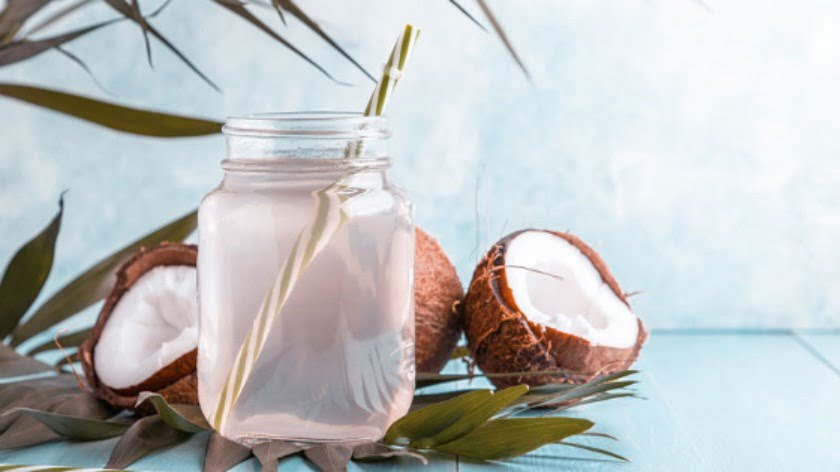Are These GMO Meatless Burgers Safe to Eat? The FDA Isn’t Sure
Impossible Foods doesn’t even know everything in its product
The FDA informed the manufacturer of Impossible Burger – a meat-like burger made using only plants – that it had not yet proven that the product’s key genetically modified (GM) ingredient is safe for consumption. The company, Impossible Foods, decided it knew better and launched the product anyway. [1]
The Impossible Burger is made using a GM form of a protein called soy leghemoglobin (SLH) or “heme,” which comes from the root nodules of soybean plants. An SLH gene is added to a yeast strain that is grown in vats using a fermentation process. Impossible Foods then isolates the heme from the yeast and adds it to the Impossible Burger, giving it a meat-like taste and blood-like red color.
Impossible Foods says on its website that it is “on a mission to make the global food system more sustainable.”
The company claims the Impossible Burger:
“…uses about 75% less water, generates about 87% fewer greenhouse gases and requires around 95% less land than conventional ground beef from cows. It’s produced without hormones, antibiotics, cholesterol or artificial flavors.”
The GMO faux-meat burgers are available at 43 restaurants nationwide, including several burger chains.
Documents obtained by ETC Group and Friends of the Earth U.S. through the Freedom of Information Act (FOIA) show Impossible Foods submitted an application to the FDA seeking GRAS (generally recognized as safe) status for SLH in 2014. The GRAS notification policy allows food manufacturers to decide for itself, independently of the FDA, whether or not a product is safe.
However, the FDA warned the company that SLH would not meet the basic GRAS status. The documents state:
“FDA believes that the arguments presented, individually and collectively do not establish the safety of SLH for consumption, nor do they point to a general recognition of safety.”
Impossible Foods maintains that its SLH/heme is identical to the SLH already in the food supply, but Impossible Foods had no safety testing data to support that claim, said Michael Hansen, a senior scientist at Consumers Union.
Hansen explained:
“You are taking something that has never been in the food supply before and you come to the FDA, say it is GRAS, and you have no safety data, particularly from feeding studies. Their argument has literally come down to saying this is exactly identical to the heme we’ve always been eating, but it’s not true.”
Impossible Foods admitted to the FDA that as much as 1/4 of its heme was composed of 46 “unexpected” additional proteins, however. Not all of these proteins have been identified, and none of them were assessed for safety in the report.
Hansen said:
“It’s only 73% pure, the other 27% is from proteins from the genetically engineered yeast that produces it, and these have an unknown function.”
Impossible Foods decided to say, “Screw the FDA,” and proceeded to start selling the Impossible Burger in 2016.
(Even before the Impossible Burger hit the market, however, there were plenty of unknown ingredients floating around the food system. A 2013 study by the Pew Charitable Trust found that the FDA was oblivious to approximately 1,000 of some 10,000 ingredients used in food, thanks to the FDA’s GRAS system.) [2]
Jim Thomas of ETC Group said:
“The FDA told Impossible Foods that its burger was not going to meet government safety standards, and the company admitted it didn’t know all of its constituents. Yet it sold it anyway to thousands of unwitting consumers. Responsible food companies don’t treat customers this way. Impossible Foods should pull the burgers from the market unless and until safety can be established by the FDA and apologize to those whose safety it may have risked.” [1]
With news of the FDA’s rejection ready to break, Impossible Foods issued a statement August 15, defending the safety of heme, noting that SLH has been declared safe by 2 panels of food safety experts and allergists following “extensive testing.” The company insists these reviews found that heme “has a very low potential for allergenicity.” [3]
Rachel Konrad, a spokeswoman for Impossible Foods, said:
“We respect the role the FDA plays in ensuring the safety of our food supply, and we believe the public wants and deserves transparency and access to any information they need to decide for themselves whether any food they might eat is safe and wholesome.” [2]
Sources:
[3] Eater
By Julie Fidler
Source: Natural Society







